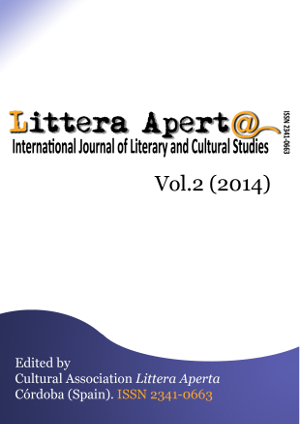Debuking patriarchal legacy in african traditional setting: A reading of Efo Kodjo Mawugbe’s In the Chest of a Woman
Contenuto principale dell'articolo
Abstract
This article investigates the critical views of Efo Kodjo Mawugbe on some African traditional customs which deny identity and welfare to women and his literary endeavor to unravel the patriarchal legacy in his In the Chest of a Woman. It examines the dictates of patriarchy that militate against females’ emancipation and lay a foundation for their marginalization and oppression. It attempts to read Mawugbe’s call for gender balance and equal treatment for men and women in modern society. Two sexist practices are targeted: the denial of inheritance rights to female children and the capital punishment of those who go against tradition by becoming pregnant out of customary wedlock. The study asserts that if modern African society should experience a participatory socio-economic development it is urgent to end sexism and gender oppression in families and society, and to give men and women equal opportunities to emerge as fulfilled free beings.
Downloads
I dati di download non sono ancora disponibili.
Dettagli dell'articolo
Fascicolo
Sezione
Articles
Authors who publish with Littera Aperta agree to the following terms:
- Authors retain copyright and grant the journal right of first publication with the work simultaneously licensed under a Creative Commons Attribution 4.0 International License that allows others to share the work with an acknowledgement of the work's authorship and initial publication in this journal.
- Authors are able to enter into separate, additional contractual arrangements for the non-exclusive distribution of the journal's published version of the work (e.g., post it to an institutional repository or publish it in a book), with an acknowledgement of its initial publication in this journal.
- Authors are permitted and encouraged to post their work online (e.g., in institutional repositories or on their website) prior to and during the submission process, as it can lead to productive exchanges, as well as earlier and greater citation of published work (see The Effect of Open Access).
